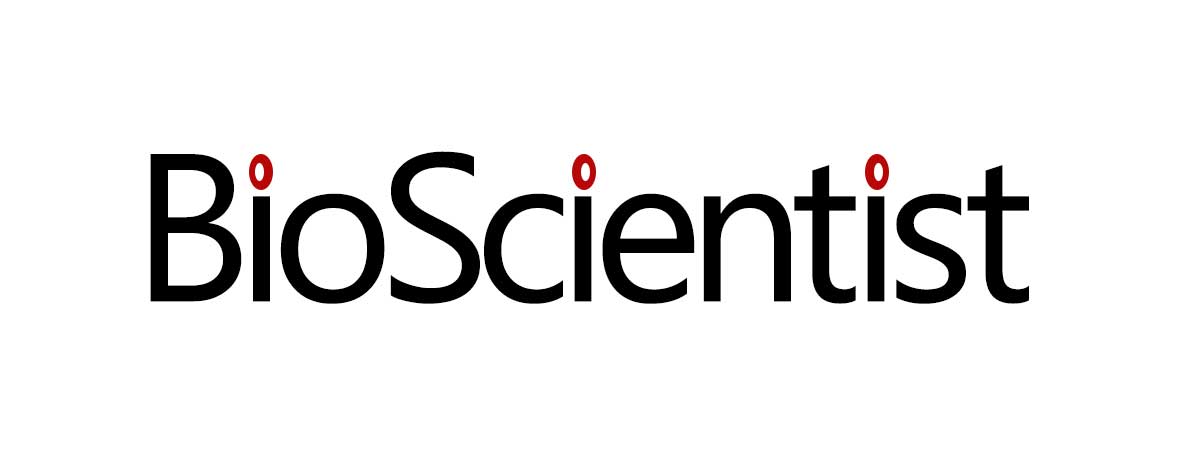Students of the University of Salford came together on the afternoon of the 23 rd of April 2024 to engage in a bold debate on the topic: “Everyone should get their genome sequenced”. The discussion involved three students on each side, all from the University’s Biomedicine programme, with one group arguing for the motion and the other against. The spirited debate was judged and assessed by Dr Arijit Mukhopadhyay along with members of the Biomedicine Society Committee.
The debate raised thought-provoking questions about the ethics and regulations around genome sequencing. The debate centred on the topic of genome sequencing and comes at a time when the topic has garnered the interest of many people who are interested in learning more about this rapidly developing scientific field.
The debate kicked off with the team in favour of the motion, who gave their opening statement and stated how genome sequencing would transform healthcare systems as we know it, especially for those with genetic diseases. They argued that it could improve health outcomes and enhance the quality of life of people globally by offering personalised treatments.
Following this argument, the team against the motion opened up their arguments for the debate by raising various concerns around practicality, safety, and morality of genome sequencing. They noted that sequencing costs £6,625 per individual, making it impractical for widespread use. They also highlighted consent and privacy issues, questioning who exactly would have access to information of individuals who took part in genome sequencing.
It was now the turn of the for side to give their response. One of the opposition’s key arguments was about data safety and who would have access to the data that is procured through the genetic screening. They argued that if personal information is removed and the data is encrypted, genome sequencing could actually be safe for everyone. Additionally, by implementing the already existing regulations such as the Genetic International Data Guidelines this would make genome sequencing safe for everyone even on a global level.
The proposition rebutted that the cost of genome sequencing has dropped dramatically from $100 million to about $1,000 which contradicted the statement made by the opposition that the cost per person is £6,625. They stated that it makes it much more affordable and accessible to the wider community. The advocates pointed out that sequencing can not only save time but also money by reducing the need for countless consultations and endless blood tests to diagnose health conditions. They also highlighted how genome sequencing can help with more accurate medical care for each individual. Understanding an individual’s genetic makeup can lead to more accurate prescriptions as well as dosages as a person need can vary based on their genetic makeup.
One student of the proposition noted that even though the cost has dropped significantly over time for genomic sequencing, the reason sequencing is still $1,000 which while still being out of budget for many, as it becomes more widespread, prices will likely decrease even further. As for the issue of data usage and consent for minors, they argued that receiving consent from a parent/guardian will suffice.
The debate continued with both the opposition and the proposition arguing valid and well researched points to make their arguments and articulated them in a cohesive manner. The cross-examination portion of the debate had both sides fire quick fire questions at each other and gave them a chance to find cracks in the other team's arguments and also develop their arguments. The judges asked questions to prompt further discussion between the teams.
After over an hour of lively debating from both the proposition and the opposition and more discussion of points from both parties, the judges took time to discuss and determine their winner. They determined that their winner was the proposition! The judges determined that their arguments were the most convincing in agreeing with the motion.
This concluded the exciting events of the first debate of the Salford Biomedicine Society brought to light the exciting yet controversial topic of genome sequencing. The proposition argued that it could revolutionise healthcare with personalised treatments. Meanwhile, the opposition raised prominent issues about privacy, costs, and ethical concerns, questioning who would have access to the personal genetic data collected. This debate did not only inform students and peers about this interesting aspect of scientific research but also highlighted the need to balance new ideas and innovation with good ethical practice in the healthcare industry. The debate left everyone pondering how genomic medicine could influence the field of medicine and revolutionise modern treatment of disorders.
